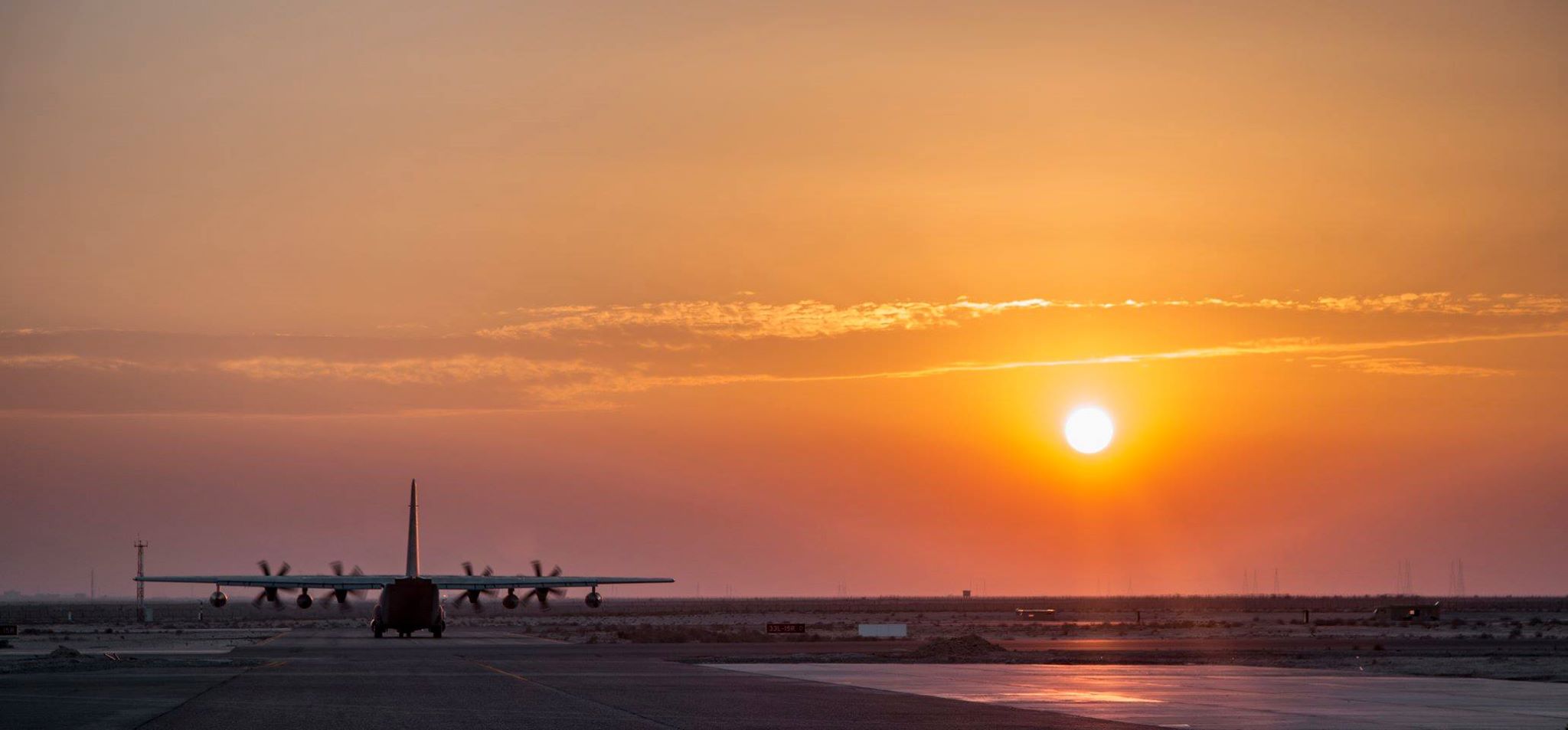
Photo by Akeel Adeyemi Austin Courtesy of https://www.facebook.com/SPMAGTFCRCC
The Center for Adaptation and Innovation hosted Colonel William McCollough, USMC, Commander of the Special Purpose Marine Air-Ground Task Force – Crisis Response – Central Command (SPMAGTF-CR-CC), rotation 16.1, on 13 May 2016. The SPMAGTF-CR-CC was deployed from 21 October 2015 to 21 April 2016, and conducted theater security cooperation operations, as well as joint and coalition interoperability training at 11 different sites in 5 different countries. The SPMAGTF-CR-CC was formed in 2012 following the attack in Benghazi, which indicated that there was a need for additional military force capabilities and options to quickly respond to crisis situations.
The SPGMAGTF-CR-CC was formed in 2012, and provides an immediate and relevant crisis response capabilities in support of Central Command (CENTCOM). Composed of 2,300 Marines, sailors, and support elements, the SPMAGTF-CR-CC is a forward-deployed land-based force, that provides rapid response to crisis situations, contingency operations, theater security cooperation, and other missions as directed by the Combatant Commander.
The SPMAGFT-CC-CR must be ready to respond at all times, and to operate on commander’s intent. Therefore, the force constantly trains, reevaluates, regroups, and retests. By doing so, the force maintains its operational readiness and response capabilities. Key operations and exercises conducted by the SPMAGTF-CC-CR included: strike operations against ISIS, support for Task Forces Al Asad (TFAA) and Al Taqaddum (TFTQ), as well as critical coordination with logistics combat element, the Air Combat Element, and various maintenance teams, working together to move over a million pounds of cargo and several thousand troops. The SPMAGTF-CR-CC 16.1 coordinated many different elements over the course of 6 months to build standard operating procedures that can be copied by other MAGTFs in similar deployments. In addition,
Colonel McCollough indicated that the valuable equipment under his control was constantly tested and reevaluated, and was returned in better condition than he received it.
